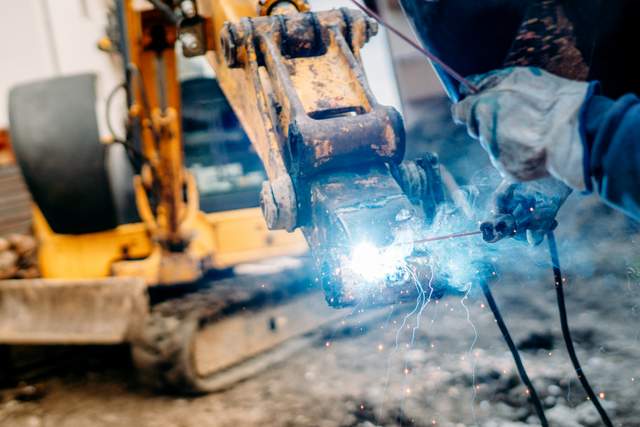The use of automated tools has been of great help to many organizations and individuals. This does not rule out the fact that hardware can get worn out and weak.
Refurbished IT Equipment deals can help out with your repairs and also the replacement of broken hardware. There are several factors to consider before repairing or replacing broken hardware. Keep reading to uncover them.
Factors To Consider Before Replacing Or Repairing Your Broken Hardware
- Level of Damage
Before going to repair or replacing your broken hardware, analyze the level of damage incurred. Some hardware does not need a replacement if there is minor damage on the body of the equipment.
If the damage is unbearable and risky to manage, go ahead and replace but if otherwise, you can fix it to save time and money. Also, if you have more than one of the same hardware, you can make use of others.
- Analyze The Cost
Your analysis here deals with both the cost of repairs and replacement. Consider the cost of purchasing new hardware and the overall cost of replacing the same equipment. If your hardware is a new and has lasted for a year or two, it may be difficult replacing it.
Also, the overall cost of repairs may not be ascertained as there can be additional repairs as time goes on. Have in mind that some equipment performs poorly after repairs, hence, this inflates expenses.
Have an estimated cost of repairs and also the market value of new hardware, compare the differences and make a wise choice that benefits your business.
- Age of Your Hardware
When equipment gets worn out due to constant usage and lifespan, a replacement could be the right option. This is because the spare parts of some old equipment have gone extinct due to technological advancement.
Also, the maintenance cost of old equipment is high compared to a new one. Don’t be in a haste to repair broken hardware. If you notice that your hardware performs below expectation due to age, consider replacing it.
- Downtime
Repairs do take some hours, days, or weeks to accomplish. If the broken hardware plays a vital role in your business, time wasted at the workshop can affect productivity.
This does not suggest that a replacement is better than a repair. Have in mind that replacing some equipment takes a while. Consider shipping, cost, installation, operation, and servicing. This could also affect productivity.
- Safety of Workers
Consider the safety of workers and also the goods produced or services rendered when repairing or replacing broken hardware. If broken equipment threatens your life or that of your workforce after repairs, it is advisable to replace it.
On the other hand, if after repairing broken hardware and it still meets safety standards, it is fine.
- Efficiency and Productivity
The aim of acquiring hardware is to aid labor, therefore, it is important to take this to heart. If repairing broken hardware will not affect productivity or service delivery, go for it.
If otherwise, replacing your broken hardware will boost productivity and service delivery, and purchasing new equipment will be good for business.
Final Note
When considering what to do with your broken hardware, don’t be in a haste.
Think through every decision that comes to mind; you can also consult a technician knowledgeable in that field for a better option.






























